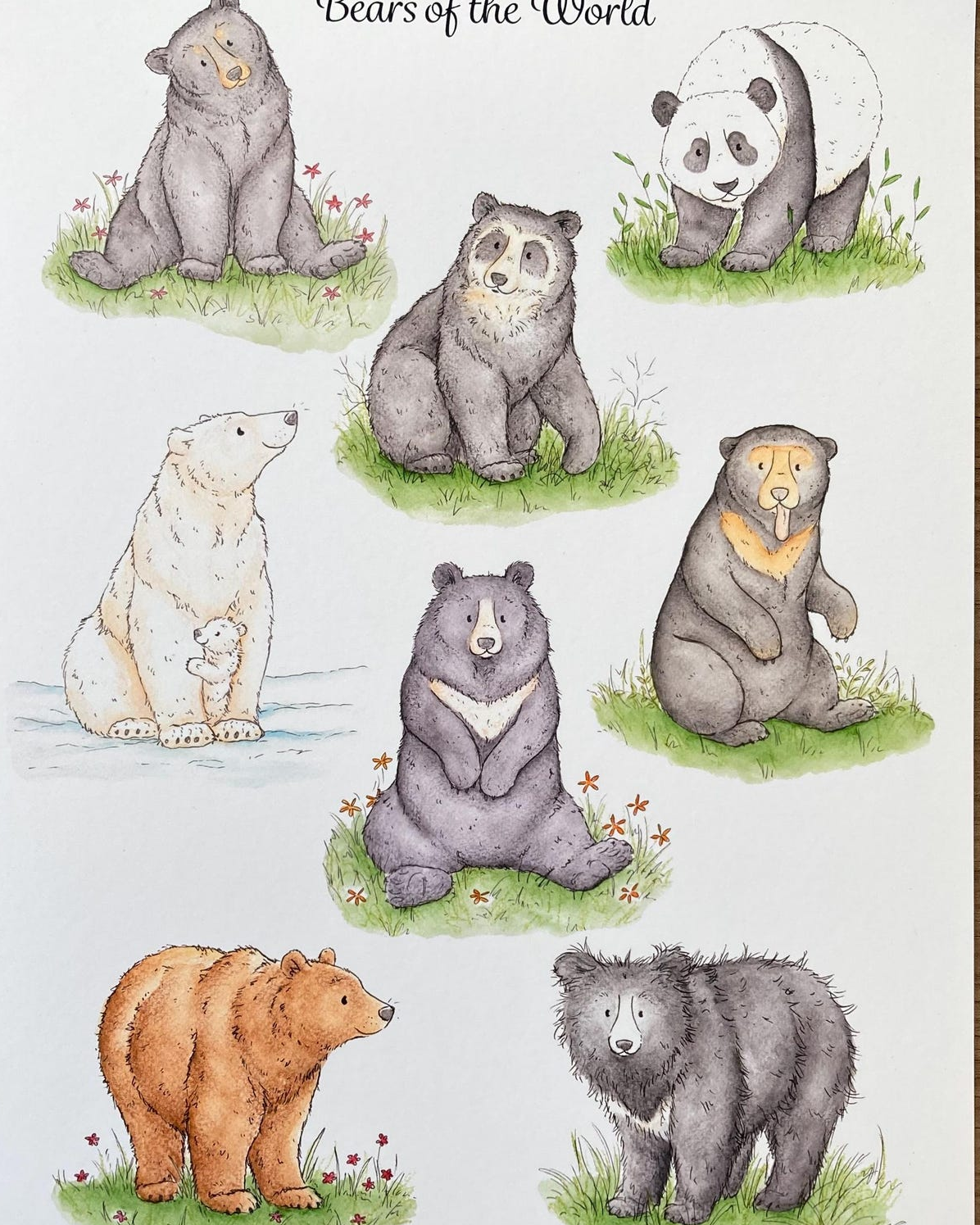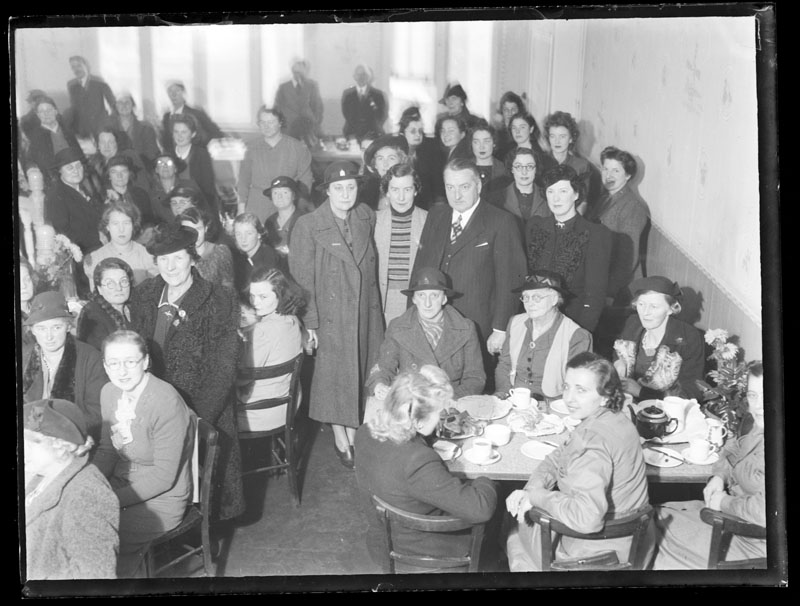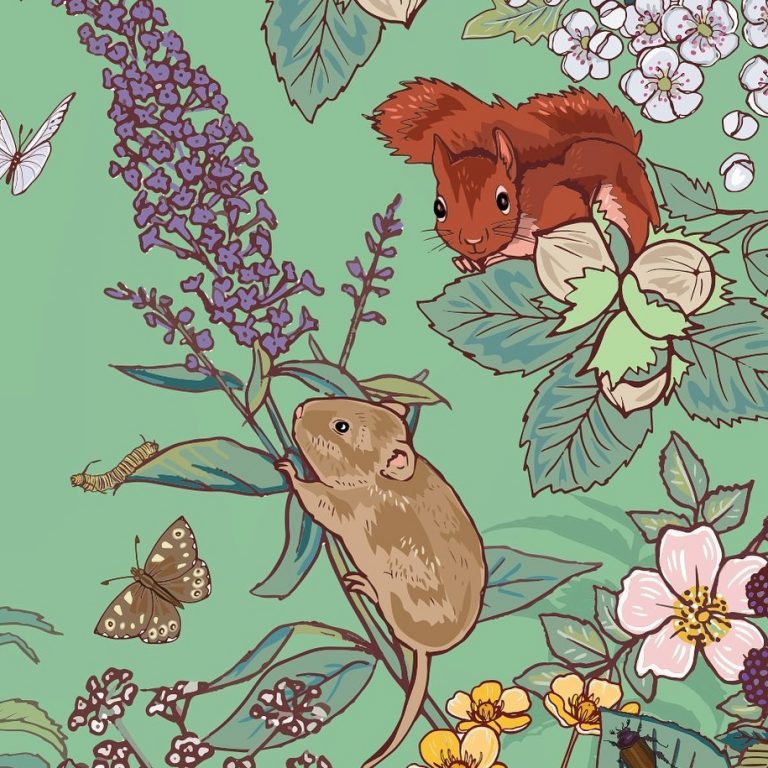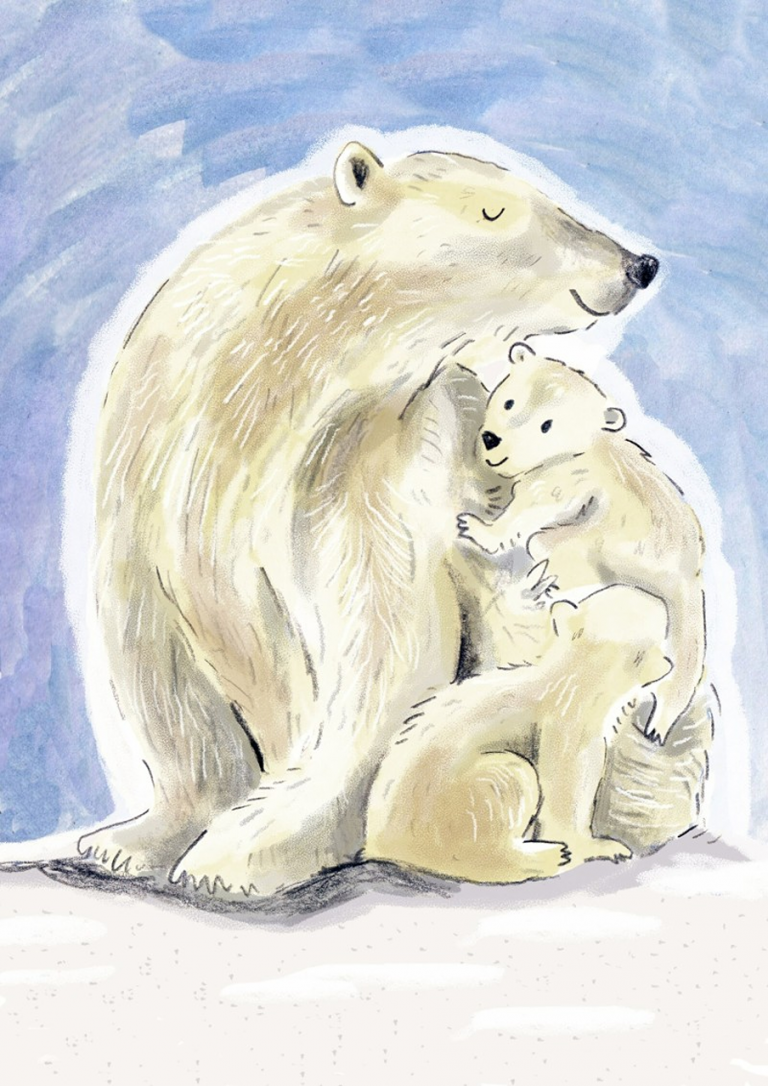
With a battered red hat, bright blue duffle coat, and spectacles perched on his nose, Paddington Bear walked out of ‘deepest, darkest Peru’ and into English hearts. For decades, this friendly bear has charmed children and adults with his polite manner, honesty, and unquenchable curiosity.
He is much more than a lovable toy or storybook character – Paddington stands as a symbol of kindness, acceptance, and the everyday magic of good manners. From his arrival at Paddington Station to sharing marmalade sandwiches with friends, Paddington has taken on the role of London’s gentlest ambassador. His stories, packed with warmth and humour, have become a treasured part of British culture.
Paddington’s Peruvian Origins
Paddington’s back story starts thousands of miles from London, in the jungles of Peru. In Michael Bond’s stories, Paddington is sent to England by his Aunt Lucy, who cannot care for him anymore.
With a suitcase full of memories and a label asking, ‘Please look after this bear. Thank you,’ Paddington becomes a refugee seeking a safe home and family.

This touching beginning does not stand on fiction alone. There really is such a thing as a spectacled bear: the only bear species native to South America. And the only bear species with a short nose! He’s the top centre bear, above!
Like Paddington, spectacled bears are mostly solitary, shy, and have striking white rings around their eyes – almost like spectacles. But real spectacled bears face tough challenges in the wild.
Living mostly in trees due to being good climbers, these beautiful bears now are endangered, due to habitat loss (forests cut down for farming) and conflict with humans.
Michael Bond chose this unique bear not only for its special looks, but because of its gentle image quite far from the fearsome reputation of other bears.
Bond’s inspiration also drew from the sadness of children at London train stations during World War II. Many were labelled and sent off to live with strangers for safety, a sight that shaped Paddington’s heart-warming arrival.
Obviously in real life you would not take a wild bear home with you (they belong in the wild). But in this story, the Browns take Paddington home, naming him after the station where they met. He soon becomes part of their family, but London life proves full of misunderstandings, new experiences, and plenty of messes.
Paddington’s polite ways stand out. He greets everyone with ‘Mr’ or ‘Mrs’, always remembers his please and thank you, and tries very hard to do the right thing (even if accidents happen). His favourite snack? Marmalade sandwiches – he keeps one under his hat for emergencies!
Key Adventures in Paddington’s Life:
- Accidentally flooding the Browns’ bathroom
- Getting into trouble at the theatre
- Unintentionally winning a painting competition
- Dealing with nosey neighbours and grumpy shopkeepers
Each mishap shows Paddington’s patience and honesty. He always tries to put things right and help others, setting an example through his actions. His stories teach readers the value of kindness and respect, even for those who are different or new.
He also wrote storybooks on guinea pigs, however these did not become as well-known.
Michael Bond lives right next door to Paddington Station, in Little Venice, an affluent area of north west London. It’s so-called as this is where the Grand Union and Regent’s canals meet, with charming waterside walks and colourful narrowboats to see.
A relative of TV presenter Kate Garraway, Michael’s wish of being buried in Paddington Old Cemetery (he died at 91) was honoured. Along with the epitaph ‘Please look after this bear. Thank you’.
Cultural Impact and Enduring Legacy
Paddington’s influence goes far beyond the page. Michael Bond wrote over 25 books about him, translated into more than 40 languages. Television shows brought him to life for generations, using stop-motion animation to capture his charm.
Film adaptations in 2014 and 2017 brought Paddington to a whole new audience, mixing gentle comedy with life lessons and British traditions. Celebrities voiced the characters and critics called the films ‘pure joy’.
Over the years, Paddington has helped charities, welcomed visitors at Paddington Station in statue form, and waved from the balcony at Buckingham Palace with Queen Elizabeth II during her Platinum Jubilee. These moments show how deeply he matters to people of all ages. Paddington is a symbol of kindness to strangers and acceptance of those from faraway places.
Paddington’s Lasting Impact:
- Unites generations with timeless lessons
- Celebrates politeness and empathy
- Welcomes newcomers with warmth and respect
- Reflects Britain’s values to the world
Paddington’s Serious Message

Paddington Bear’s kindness is even more important a message in these turbulent times. Many have wondered over the years why the bear came from ‘deepest, darkest Peru’.
In fact, Michael Bond was inspired to write the books, when his own family housed refugee children during World War II.
Michael remembered seeing the children all with labels with their names and addresses, carrying a tiny bag or parcel with favourite items (the inspiration for the jar of marmalade).

He personally knew the hazards of war. In 1943, he was working on the roof of a building in Reading (installing a radio transmitter), which collapsed under him due to an air raid, killing 41 people around him, and injuring many more.
The photo above is of the one-year commemoration of those who died.
Reading Museum has an interview with Michael Bond, on how the event affected him. Unfortunately you can only watch it on YouTube, if you create a Google Account, to ‘prove you’re not a bot’ (something most older people likely can’t do, and most of us don’t want to do). Sign of the times, it’s disgraceful.
Paddington Bear was the original illegal immigrant! Of course we do have serious issues with immigration, that need to be addressed. But the knee-jerk reaction of the media and some politicians, is what creates a climate where asylum seekers are being attacked, both verbally and sometimes physically.
Mrs Brown says that in London everyone is different. And that means anyone can fit in. I think she must be right. Because although I don’t look like anyone else, I really do feel at home. Paddington Bear
Conclusion
More than six decades since Michael Bond first wrote about him, Paddington Bear remains as popular as ever. With his lovable clumsiness, polite ways, marmalade sandwiches, and big heart, Paddington continues to inspire.
His stories encourage children and adults alike to treat others with compassion and to look after ‘strangers from far away, as if they were your own.’ Paddington’s adventures prove that kindness and good manners never go out of style.
As England changes, Paddington stands firm as a symbol of hope, warmth, and welcome. New arrivals, old friends, or anyone in need of a smile can count on a bear to remind us that we all belong, wherever we have come from.
So next time you see a bear with a red hat and blue coat, don’t forget to offer him a marmalade sandwich – or a simple thank you.






